The 83-page guide [PDF], titled “iPhone OS Enterprise Deployment Guide: First Edition, for Version 3.0 or later," highlights 18 new corporate-friendly features in iPhone Software 3.0, signaling the Cupertino-based company's most recent efforts yet to push adoption of its touchscreen handset in a market currently dominated by devices running variants of Windows Mobile or BlackBerry operating systems.Â
If Apple intends to gain a dominant share of the enterprise market, the company has its work cut out for it. A study released by TradingMarkets in April of this year shows that BlackBerry and Windows Mobile hold a combined 63 percent total market share. The same report also states that Apple’s iPhone – along with Google Android and Symbian devices – “are not serious contenders for U.S. business use.†Clearly that’s a stigma Apple hopes to change.
For businesses to make the leap to the iPhone may not be too difficult a transition: the report highlights AT&T, the iPhone’s exclusive U.S. provider, as a dominant enterprise carrier, along with Verizon.
The enterprise smartphone market has been in Apple’s sights for the duration of the iPhone’s existence, but the company has pushed harder to compete in the space with each update to the phone’s software. In 2008, chief executive Steve Jobs introduced initiatives to appeal to business users. More than a year later, that plan is still being carried out with this week’s launch of the version 3.0 operating system. Apple has also maintained an enterprise-centric section on its Web site to promote its phone in the corporate world, in which it bills the handset as "The best phone for business. Ever."
As the iPhone platform has matured with regular software updates, some companies have become more open to adopting the phone. Last summer, market research firm Gartner approved the iPhone for limited enterprise use after the then-release of iPhone Software 2.0 introduced Microsoft Exchange support and a "remote wipe" feature via Microsoft Exchange. At the time, Gartner remained critical of the iPhone Configuration Utility used to set up configuration profiles on new phones, because it worked through an unencrypted XML file. This week, that concern was also addressed with the 3.0 software update, which allows configuration profiles to be encrypted and locked to a device.
Apple just on Thursday evening released iPhone Configuration Utility 2.0 (8.7MB) to help manage updated phones.
The configuration security feature is one of many detailed in the new enterprise deployment guide available on Apple’s Web site. The document highlights a wide range of new business-friendly features, ranging from security to accessibility. They include:
- CalDAV calendar wireless syncing is now supported.Â
- LDAP server support for contact look-up in mail, address book, and SMS.Â
- Configuration profiles can be encrypted and locked to a device so that their removal requires an administrative password.Â
- iPhone Configuration Utility 2.0 now allows you to add and remove encrypted configuration profiles directly onto devices that are connected to your computer by USB.Â
- Online Certificate Status Protocol (OCSP) is now supported for certificate revocation.Â
- On-demand certificate-based VPN connections are now supported.Â
- VPN proxy configuration via a configuration profile and VPN servers is supported.Â
- Microsoft Exchange users can invite others to meetings. Microsoft Exchange 2007 users can also view reply status.Â
- Exchange ActiveSync client certificate-based authentication is now supported.Â
- Additional EAS policies are now supported, along with EAS protocol 12.1.Â
- Additional device restrictions are now available, including the ability to specify the length of time that a device can be left unlocked and disabling the camera.Â
- Local mail messages and calendar events can be searched. For IMAP, MobileMe, and Exchange 2007, mail that resides on the server can also be searched.Â
- Additional mail folders can now be designated for push email delivery.Â
- APN proxy settings can now be made specified using a configuration profile.
- Web clips can now be installed using a configuration profile.Â
- 802.1x EAP-SIM is now supported.Â
- Devices can now be authenticated and enrolled over-the-air using a Simple Certificate Enrollment Protocol (SCEP) server.Â
- iTunes can now store device backups in encrypted format.Â
As the iPhone continues to evolve and improve, it faces a smartphone market that is becoming increasingly saturated by competitors, many of which mimic Apple’s once-unique touchscreen capabilities. Palm’s recently-launched Pre will be joined by new devices from RIM and others running Windows Mobile expected in the coming months. Apple is expected to push back as it continues to claw its way into the competitive enterprise smartphone market.
 Neil Hughes
Neil Hughes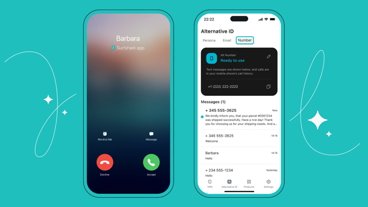
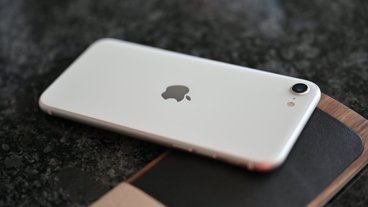
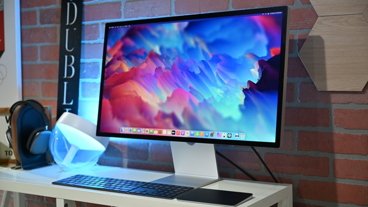
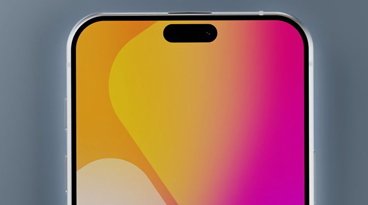

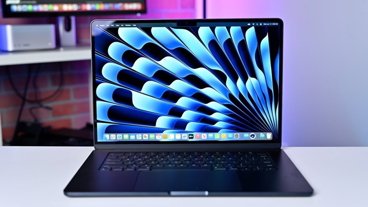
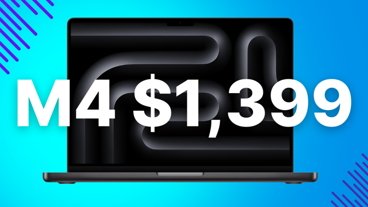
-m.jpg)



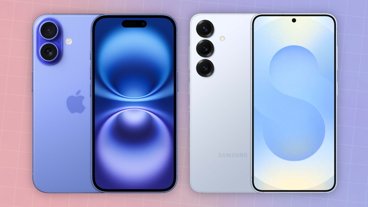
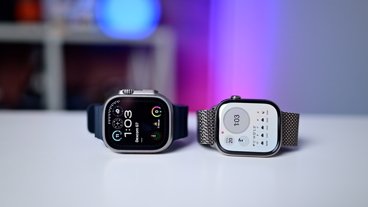

 Wesley Hilliard
Wesley Hilliard
 Malcolm Owen
Malcolm Owen
 Amber Neely
Amber Neely
 Christine McKee
Christine McKee
 Andrew Orr
Andrew Orr
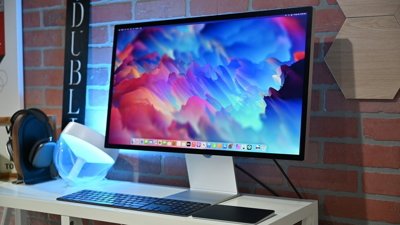
 Mike Wuerthele and Malcolm Owen
Mike Wuerthele and Malcolm Owen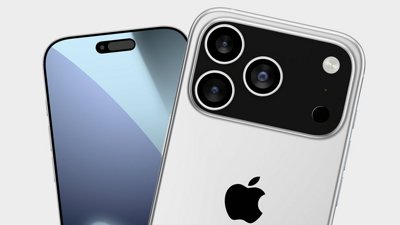



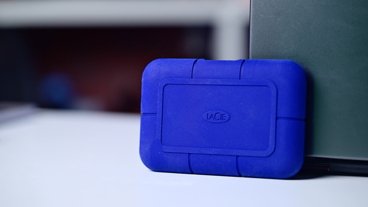

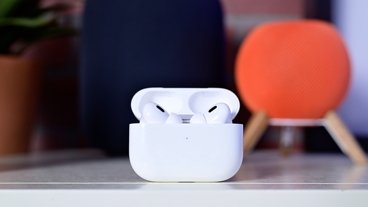




98 Comments
Hope it will have some impact. But I doubt it.
If Apple intends to gain a dominant share of the enterprise market, the company has its work cut out for it.
It's impossible. Apple's DNA is chasing the consumer market with shiny objects, creating cult consumers and grabbing as much cash out of them as possible before moving to "the next big thing".
The iPhone 3Gs may be the fad right now, but it will go off the radar and something else will take it's place.
Apple doesn't have the staying power to take on RIM, in fact the more they try, the stronger RIM becomes the corporate choice.
I hate to say it, but as a lifelong Mac user that's my observations, Apple's DNA is not appealing to corporate America or else Mac's would have taken over Windows PC's long ago.
Healthy competition is great for the market and drives innovation.
Very good points. Hope they go full steam ahead and not be bullheaded about it and settle for 10% of the smartphone market.
Definitely agree that iTunes isn't the software that businesses would want their users syncing with. A corporate syncing tool that looked, well, corporate, even if it is iTunes under the hood, would be a good idea.
OTOH I doubt many businesses care that their users also like music, and Apple won't complain if business computers get iTunes, and thus more iTunes users.